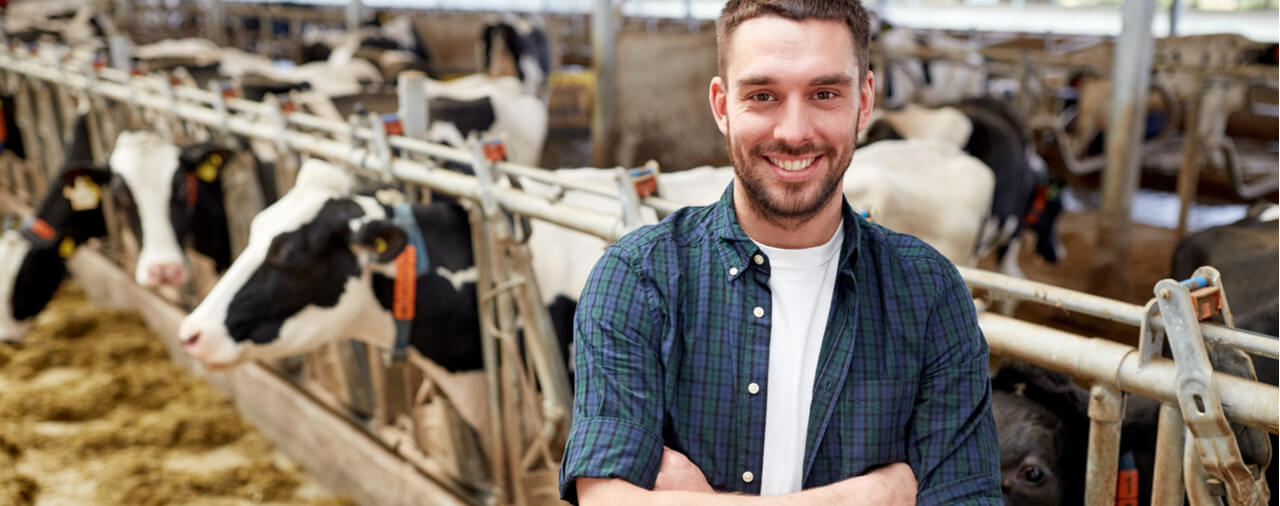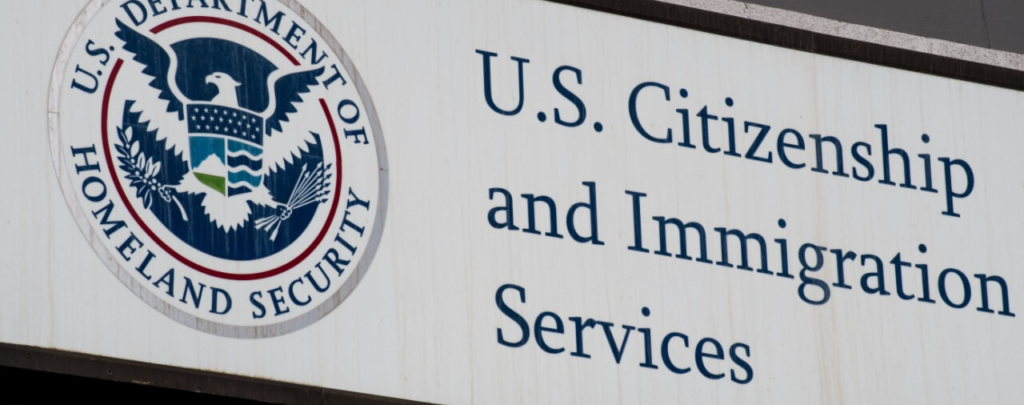I came across a terrific short documentary by Vice News that I would like to share with you and discuss. You may watch the documentary for yourself below.1
The documentary discusses the plight of dairy farmers in New York. As it highlights, working as low-wage labor on a dairy farm is hard and unglamorous work that very few Americans want to do. In fact, Vice News endeavored to find unemployed Americans who were interested in working on a dairy farm, and were markedly unsuccessful.
Unfortunately, our immigration system provides no solutions for dairy farmers. The H2A Temporary Agricultural Workers program only authorizes visas for temporary seasonal farm work only, and dairy farmers cannot participate. The lack of a legal immigration solution to staffing problems does not stop dairy farmers from relying upon immigrants to work on the dairy farms. There is no shortage of people from Mexico and Central America who are willing to take the risk to work in the United States without status or documentation, and dairy farmers are willing to take the risk of hiring these undocumented workers to stay in business.
The documentary highlights many of the ridiculous aspects of our immigration system and the immigration debate. One argument against increasing illegal employment immigration is that it allegedly harms American workers. However, there are many jobs, such as those involving monotonous manual labor on a dairy farm, that Americans are generally uninterested in. To be sure, most dairy farmers would look to hire workers who are not at persistent risk of being arrested and deported by Immigration and Customs Enforcement (ICE). Furthermore, there are many good people from Mexico and Central America who are looking for a better life and are willing to take jobs that are left vacant by Americans to provide for themselves and their families.
The arguments for immigration solutions for dairy farms and the people working at them are manifold. Firstly, immigration solutions for employers such as dairy farms will greatly help these American businesses and allow them to fill vacancies without having to circumvent U.S. laws. There is no real argument that undocumented workers at dairy farms are taking jobs from U.S. citizens and lawful permanent residents (LPRs). In situations such as this, the positions will either be filled by foreigners or left vacant.
Secondly, a legal immigration option will do a great service to foreigners who are willing to come to the United States and take jobs that Americans are not willing to do. The documentary highlights dairy farm workers who have otherwise abided by the law, worked hard, and have families in the United States. These people are so inclined to work in the United States that they are willing to live in constant fear of deportation to do so. What logic is there in not providing an immigration option for these otherwise law-abiding workers?
Finally, there is actually a compelling border security and immigration enforcement interest in providing immigration options to foreigners who are willing to do hard work in the United Sates such as working on a dairy farm. The documentary interviews to a former ICE agent who states that, in his opinion, this is a battle that cannot be won by the ICE. I fully concur. Regardless of whether we provide a legal immigration option for foreigners looking for work in places like dairy farms or other jobs that Americans do not want, there will be no shortage of foreigners who come to take the positions. In light of that, there is a compelling interest to give dairy farmers, and other such employers, the tools to legally petition for such workers and such workers immigration documentation. If the types of workers who are now undocumented are documented, immigration authorities will be able to keep track of the foreign workers. Accordingly be able to focus more immigration enforcement resources on those persons who pose a threat to us rather than on those who would gladly abide by reasonable immigration laws. This would benefit foreign workers, U.S. businesses, and the American people as consumers.
We cannot separate immigration enforcement from the compelling need to improve our immigration laws. There are certain mistakes that would incentivize illegal immigration, such as granting amnesty to those who are here illegally without first securing the border and patching holes in our system of immigration enforcement. However, providing opportunities for good people who want only to take jobs in the United States that Americans do not want creates no perverse incentives, but in fact strengthens our immigration system and American businesses. To be sure, providing immigration solutions for dairy farmers would do far more to advance the cause of immigration enforcement and American businesses than ICE’s quixotic quest in upstate New York to detain and deport those who quietly engage in difficult work that Americans are uninterested in.





